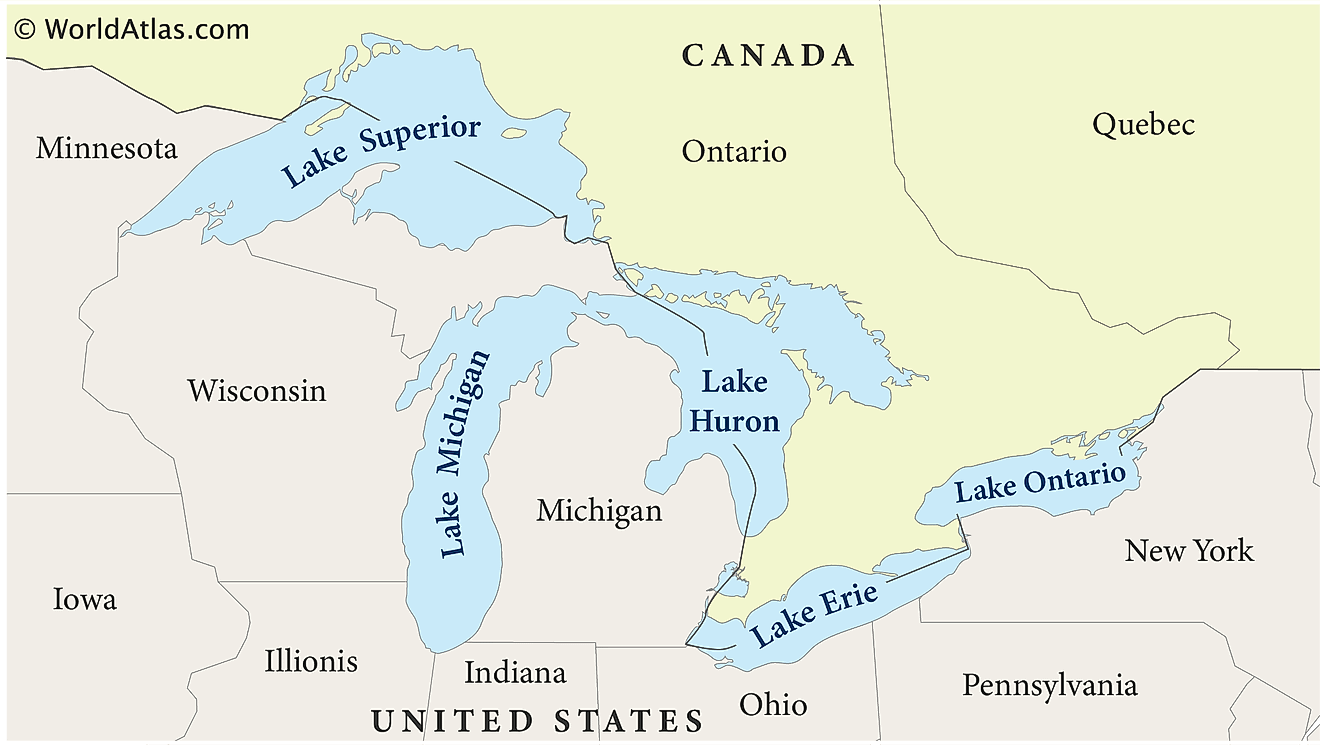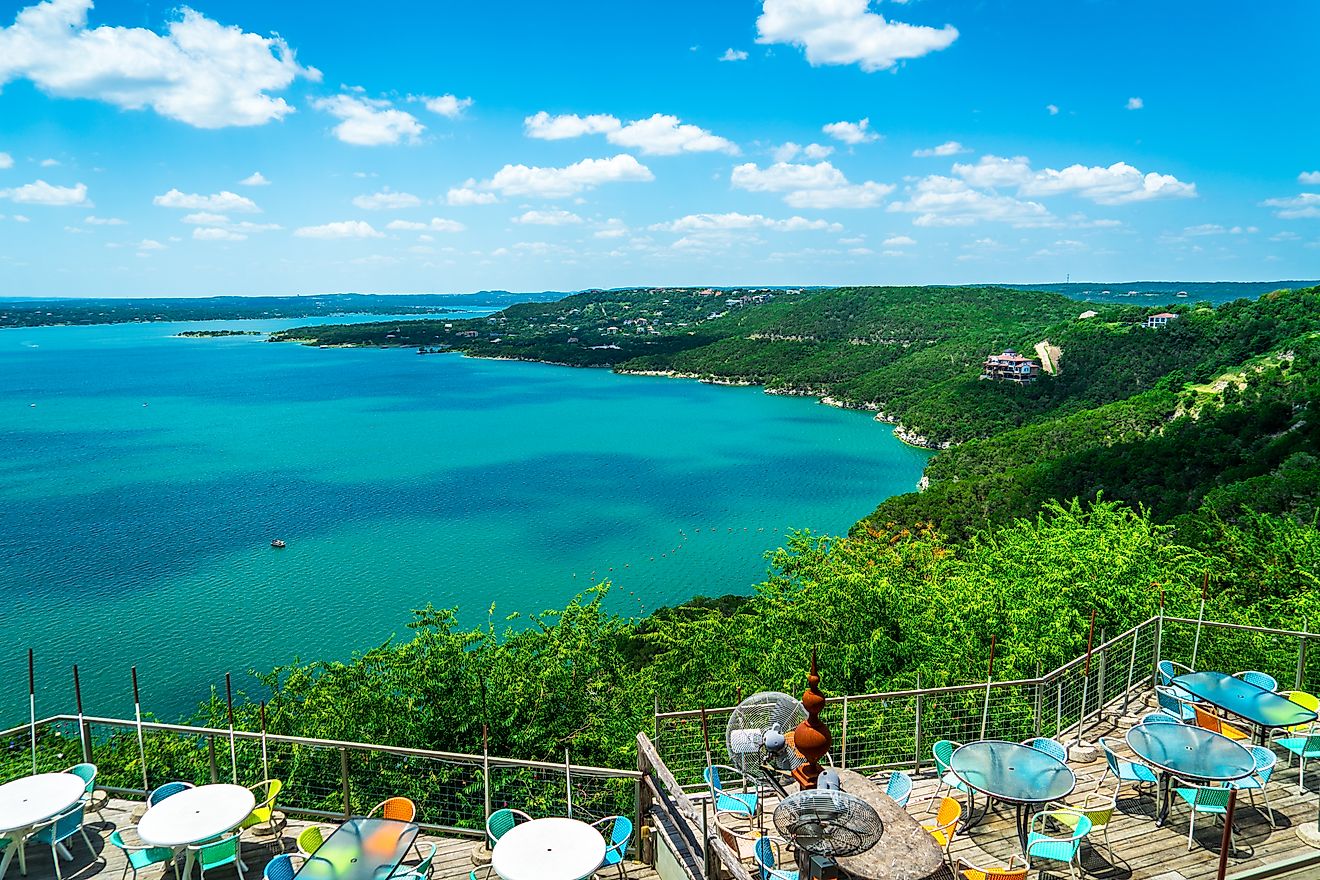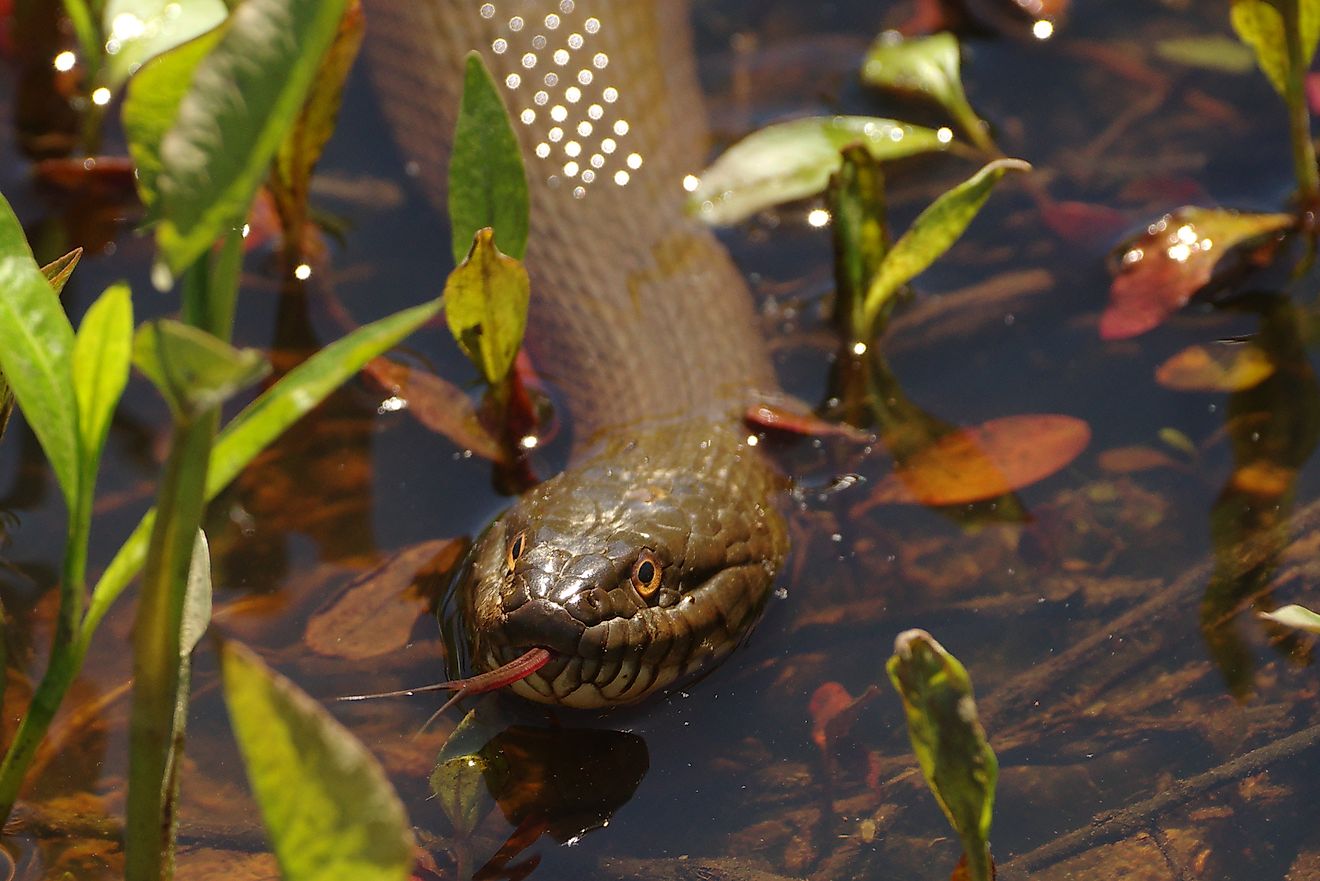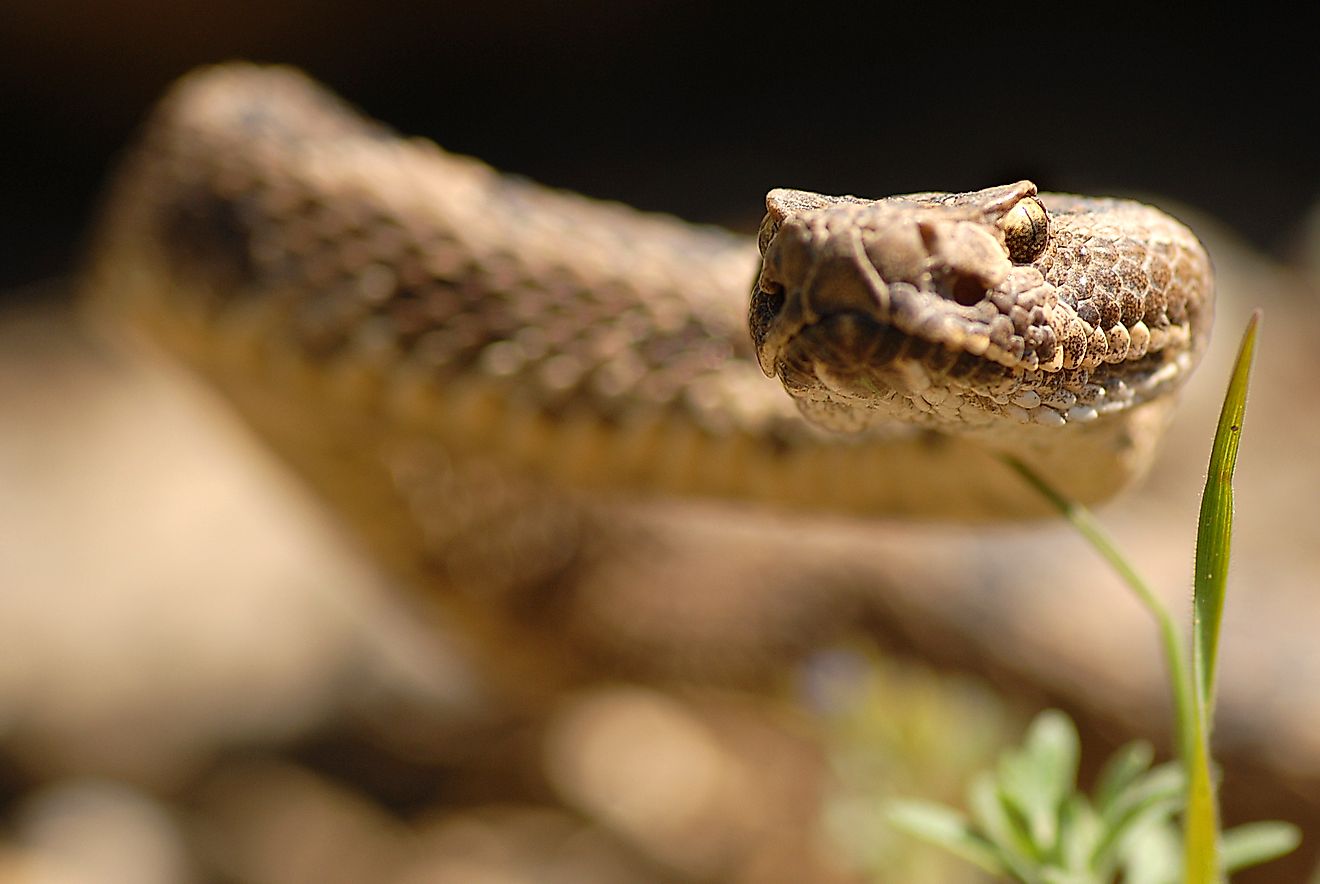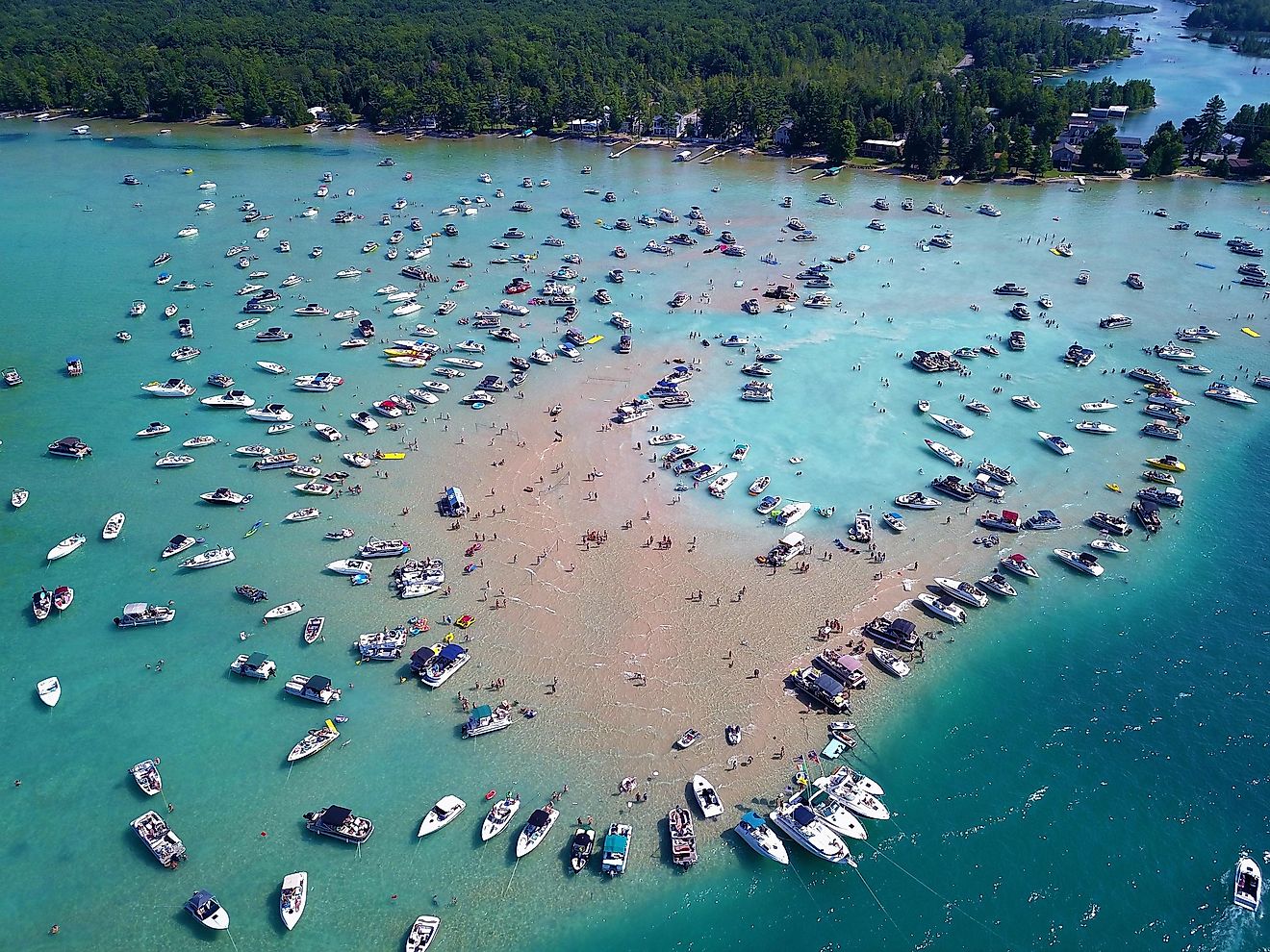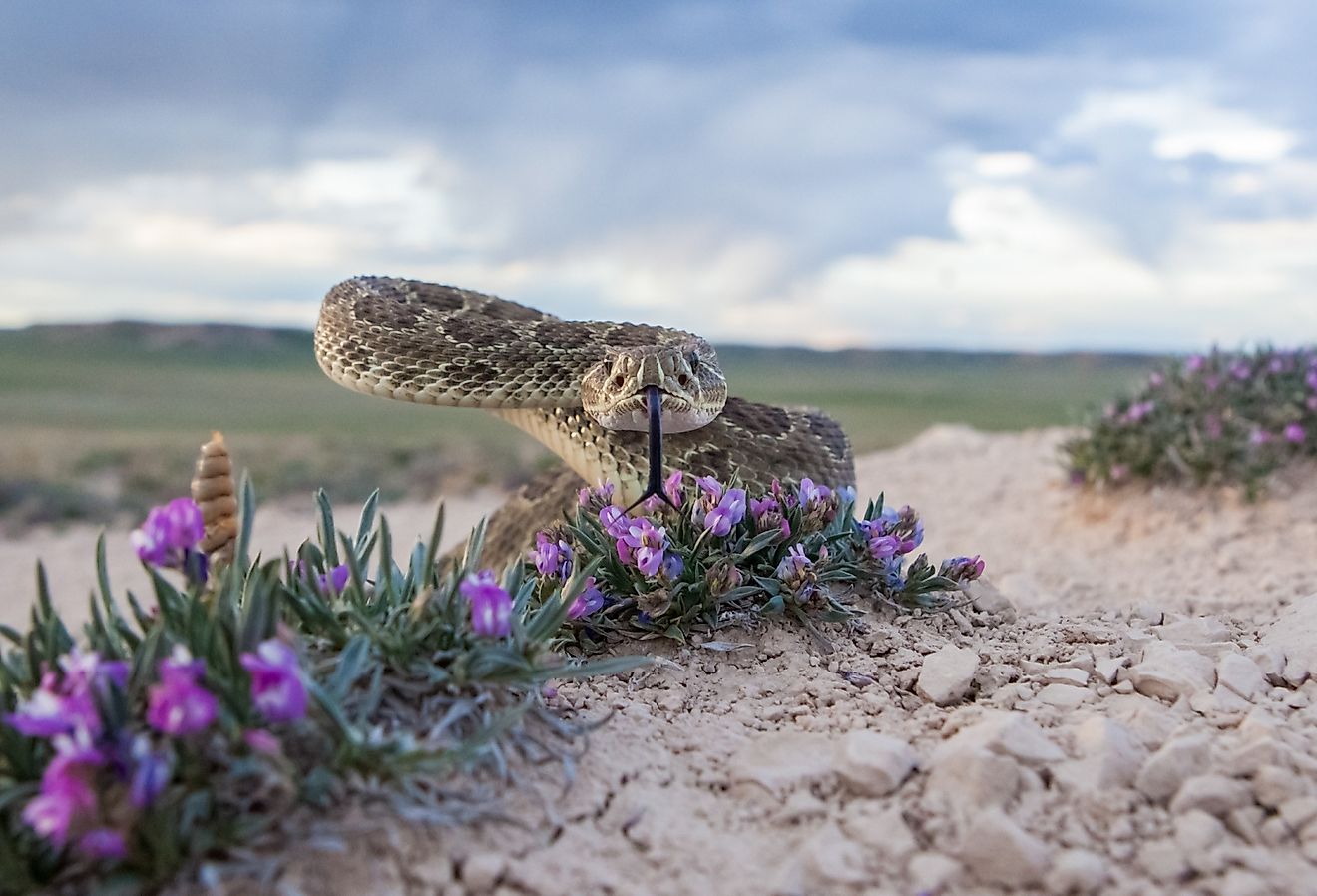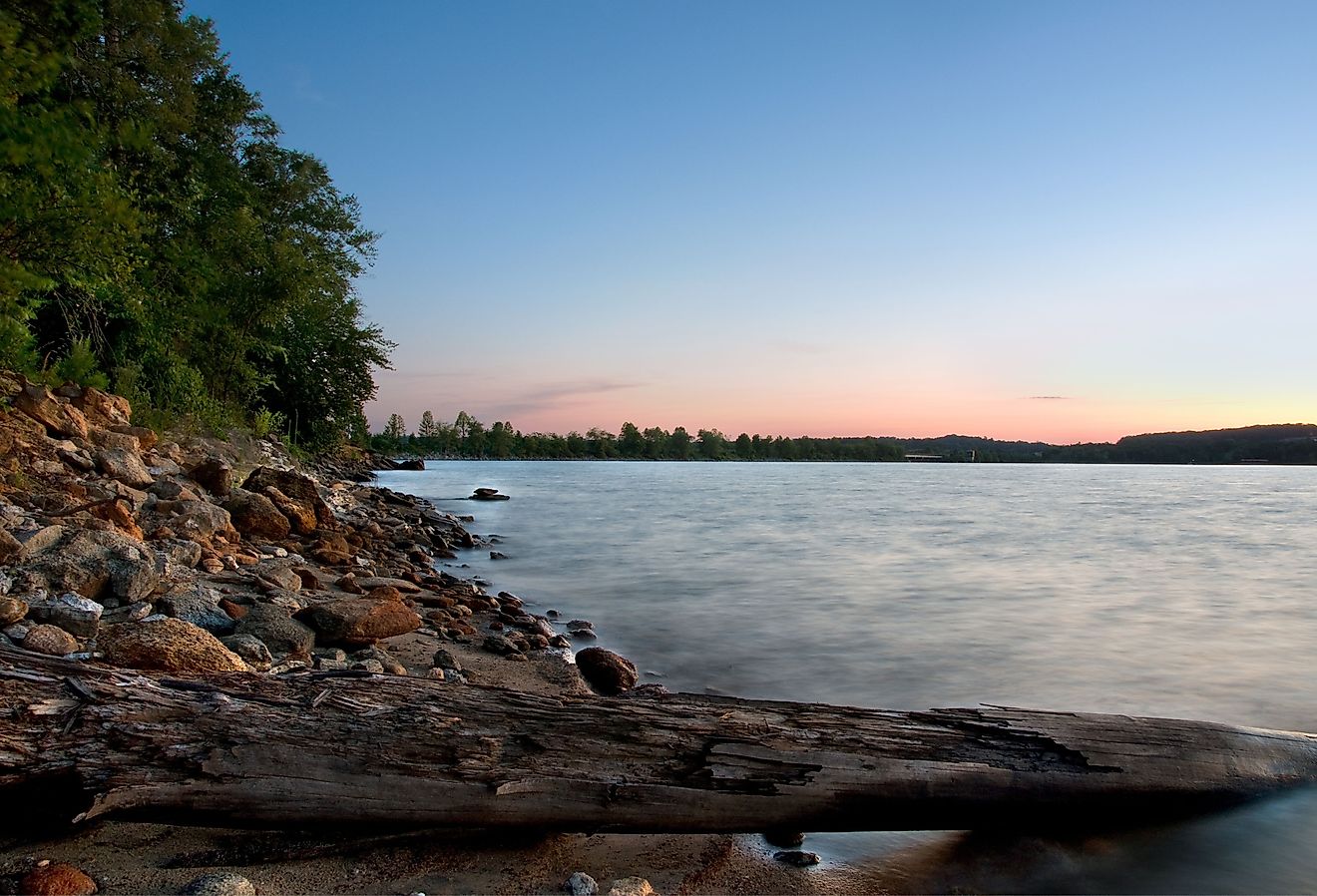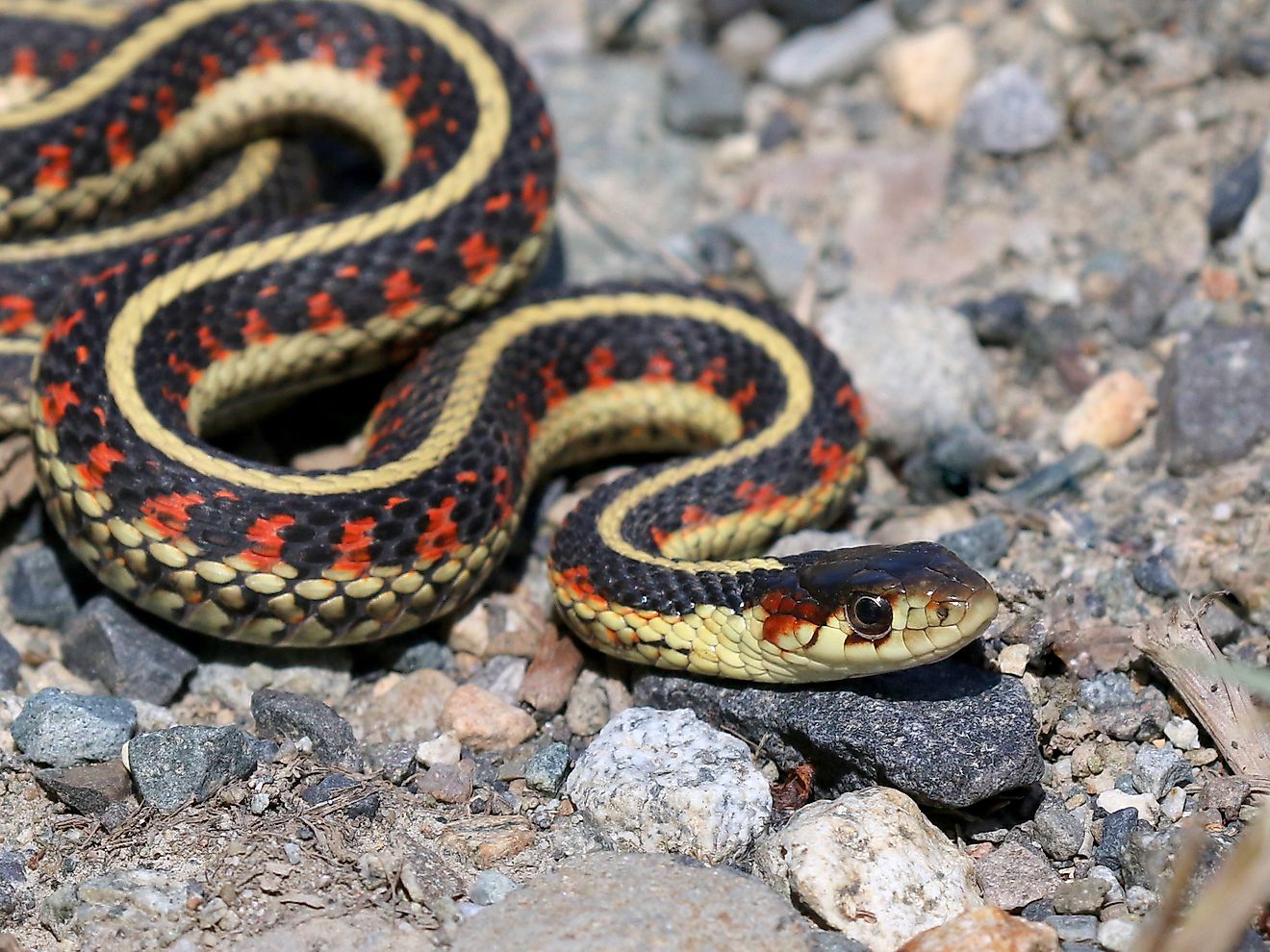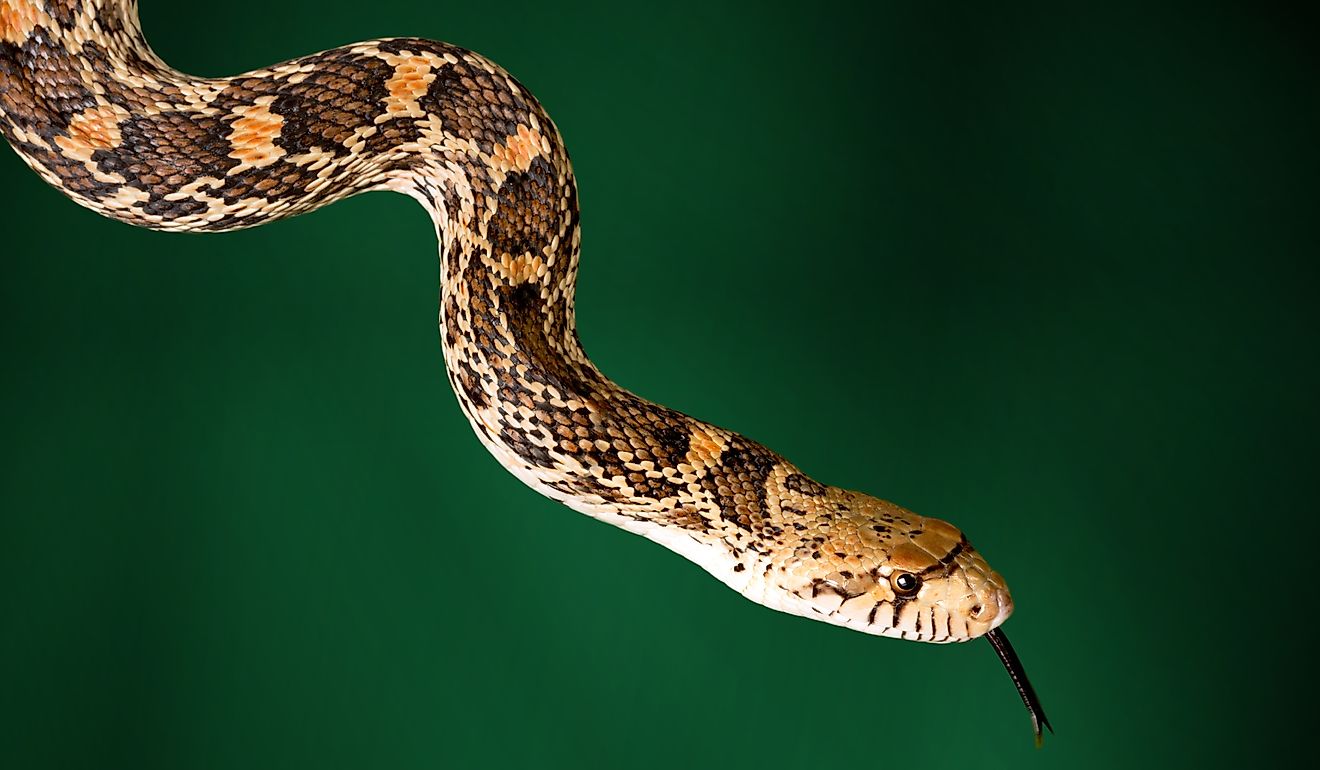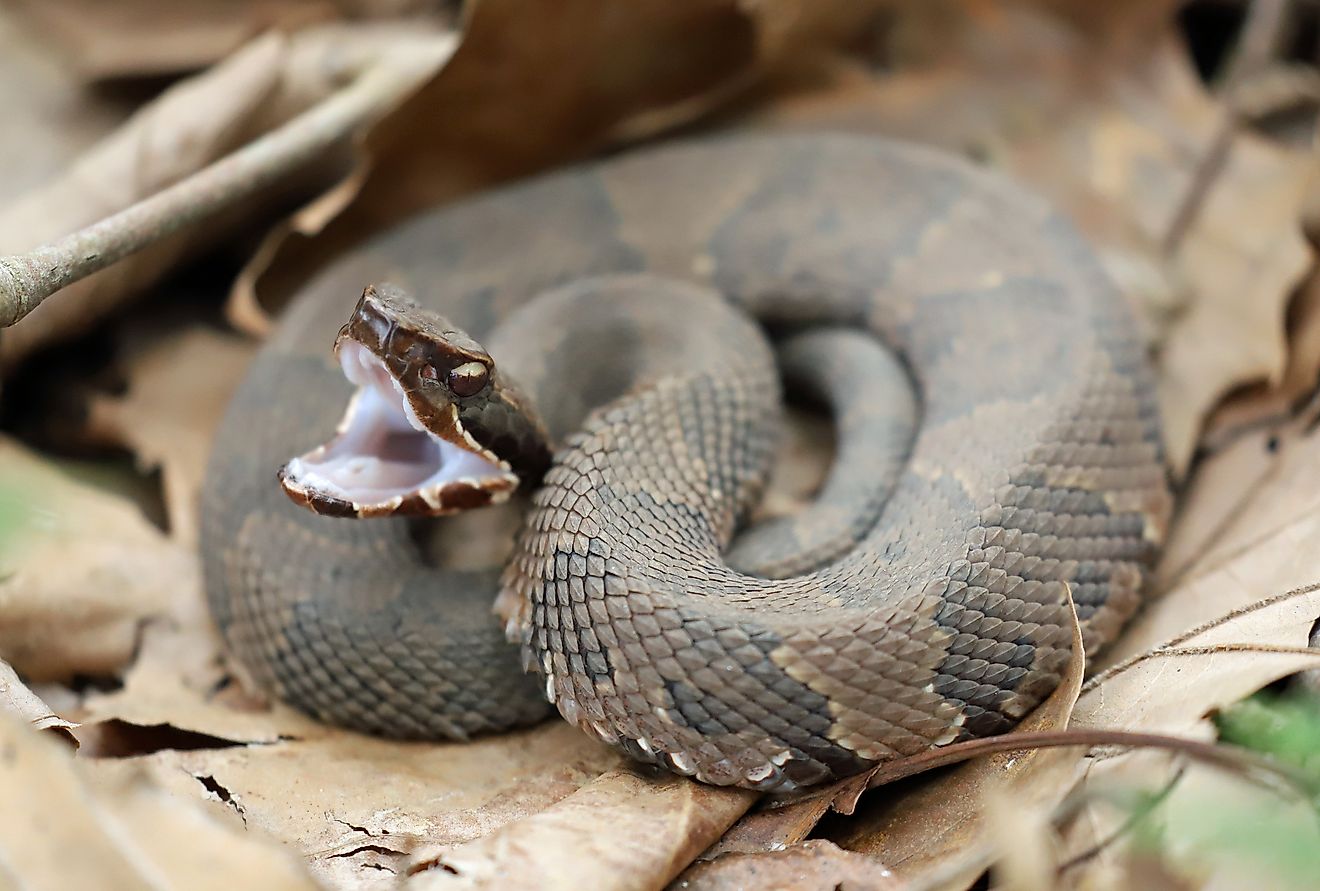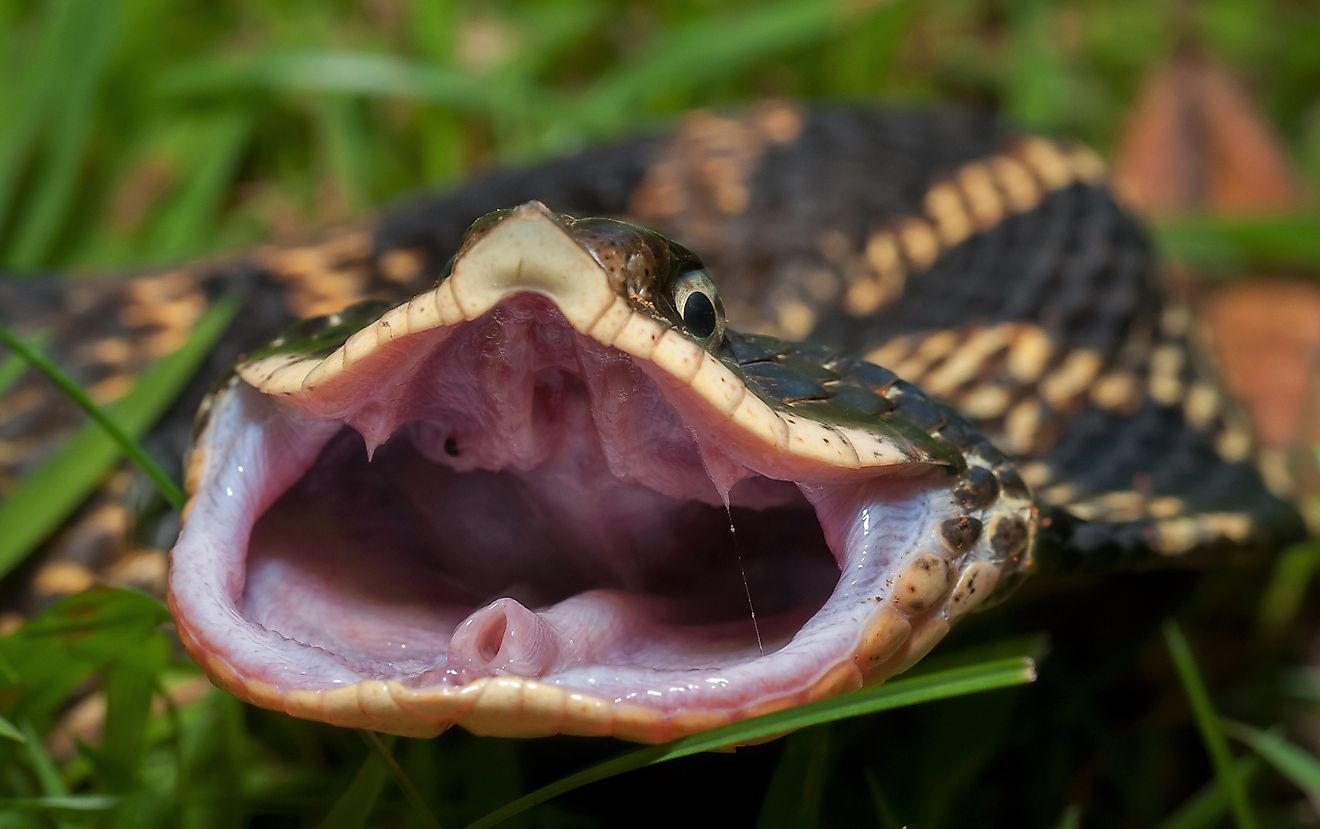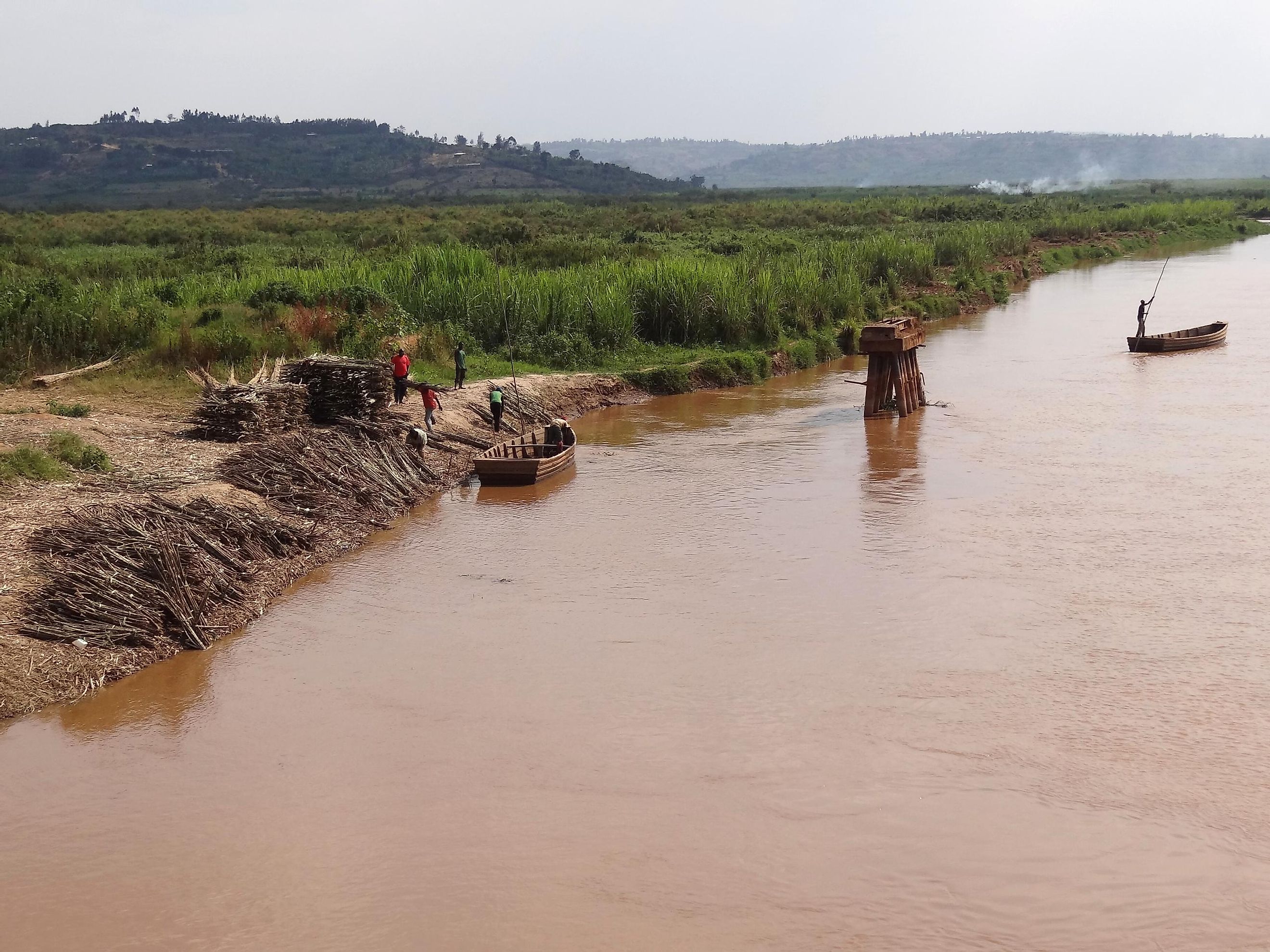
Lake Cohoha
Lake Cohoha, also called Lake Cyohoha South or Cyohoha Sud, is a lake that runs along the border between Rwanda and Burundi. The majority of the lake lies in Burundi, though the northernmost shoreline is located in Rwanda. In Rwanda, the lake is called Cyohoha South, or Sud, to differentiate it from a smaller lake by the same name ten miles to the north. Both lakes drain through a network of connected marshland into the Akanyaru River, which is itself a vassal of the Nyabarongo River.
Geography And Climate Of Lake Cohoha

The lake is 20 miles long, with a total surface area of 30 square miles. It is slightly deeper than the average lake, with a typical depth of 16 feet, while being 23 feet at its deepest. The lake is surrounded by swamp and marshland and sits 4,423 feet above sea level.
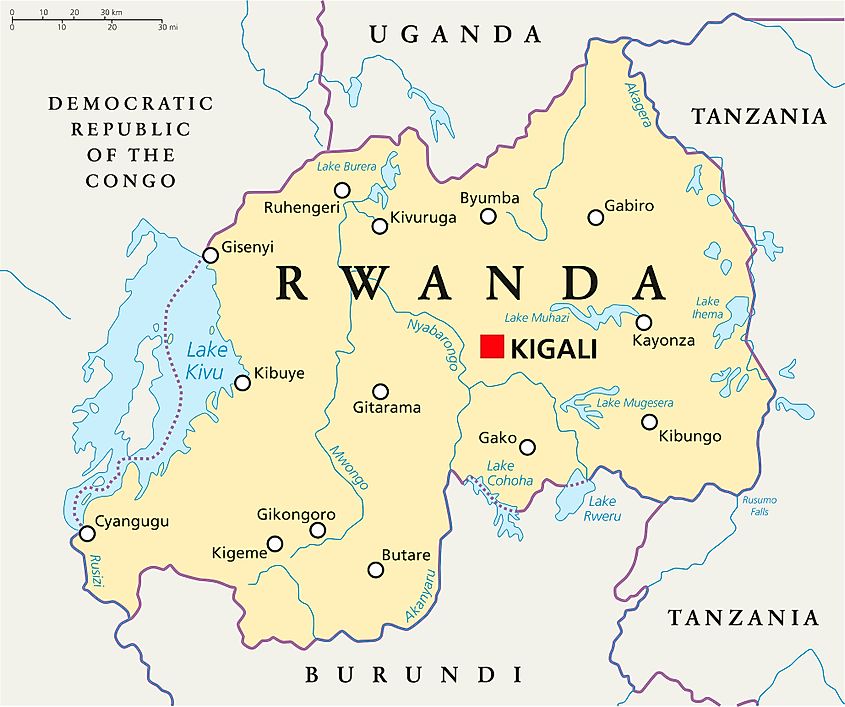
While both Rwanda and Burundi lie near the equator, Lake Cohoha lies at a rather high elevation and so experiences relatively lower temperatures throughout the year. Burundi's annual average temperature is about 70 degrees Fahrenheit, while Rwanda's is closer to 80 degrees. Rwanda, in particular, possesses a tropical highland climate and was even known in French as Pays des mille collines, or the "Land of a thousand hills," for its mountains and elevated geography. This particular corner of the world experiences two rainy seasons and two dry seasons a year, with the first rainy season of the year occurring from February to June and the second from September to December.
Ecology Of Lake Cohoha
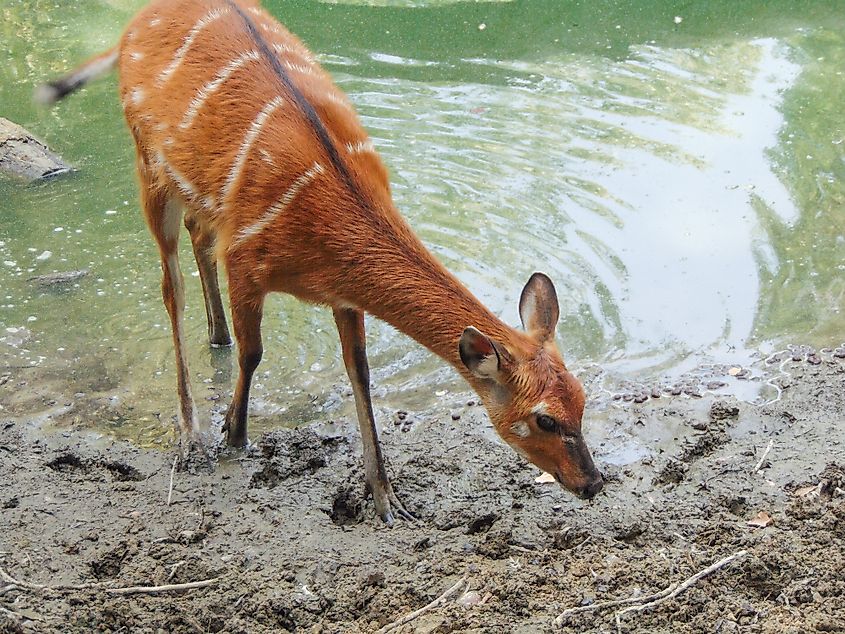
There is an impressive level of biodiversity surrounding Lake Cohoha, particularly in the marshland around the lake's western side, where it meets the Akanyaru River. This marshland is known for the over 54 recorded species of birds that call the marshland home or migrate through it. These include the Malagasy pond heron, the papyrus gonolek, pallid harriers, greater snipes, and lesser kestrels. The wetland is also home to a population of sitatunga, a species of "aquatic antelope" known to strictly inhabit marsh and swamplands.
Rwanda is also home to the Volcanoes National Park, which is over 62 square miles of rainforest and contains the largest population of mountain gorillas in the world. And while the African lion went extinct in Rwanda in 1994, they have recently reestablished a wild population of lions in the nearby Akagera National Park in 2015. To the southwest, Burundi contains Rusizi National Park, the home of Gustave, a world-famous, 2000-pound, 70-year-old Nile crocodile rumored to have eaten between 200-300 people.
Activities Near Lake Cohoha
Being a small lake split between two small countries, Lake Cohoha possesses little in the way of international tourist destinations. On the northern Rwandan side of the lake lies the Cyohoha camping site, which offers cottages for rent, as well as hiking trails, picnic sites, and boat tours. There has also been a push in recent years to capitalize on the wetlands' biodiversity to offer birdwatching tours and other forms of ecotourism to those who wish to travel to the area, though no such service exists at present.
Rwanda's Akagera National Park is only a three-hour drive from the lake, and Volcanoes National Park is four hours away, so staying at the Cyohoha camping site and making a day trip to either park would be feasible. The land surrounding the lake is beautiful, and the climate is comfortable, with a richly biodiverse array of animals to watch for, so to spend the day relaxing by the water would be a rewarding and unforgettable experience in and of itself.
